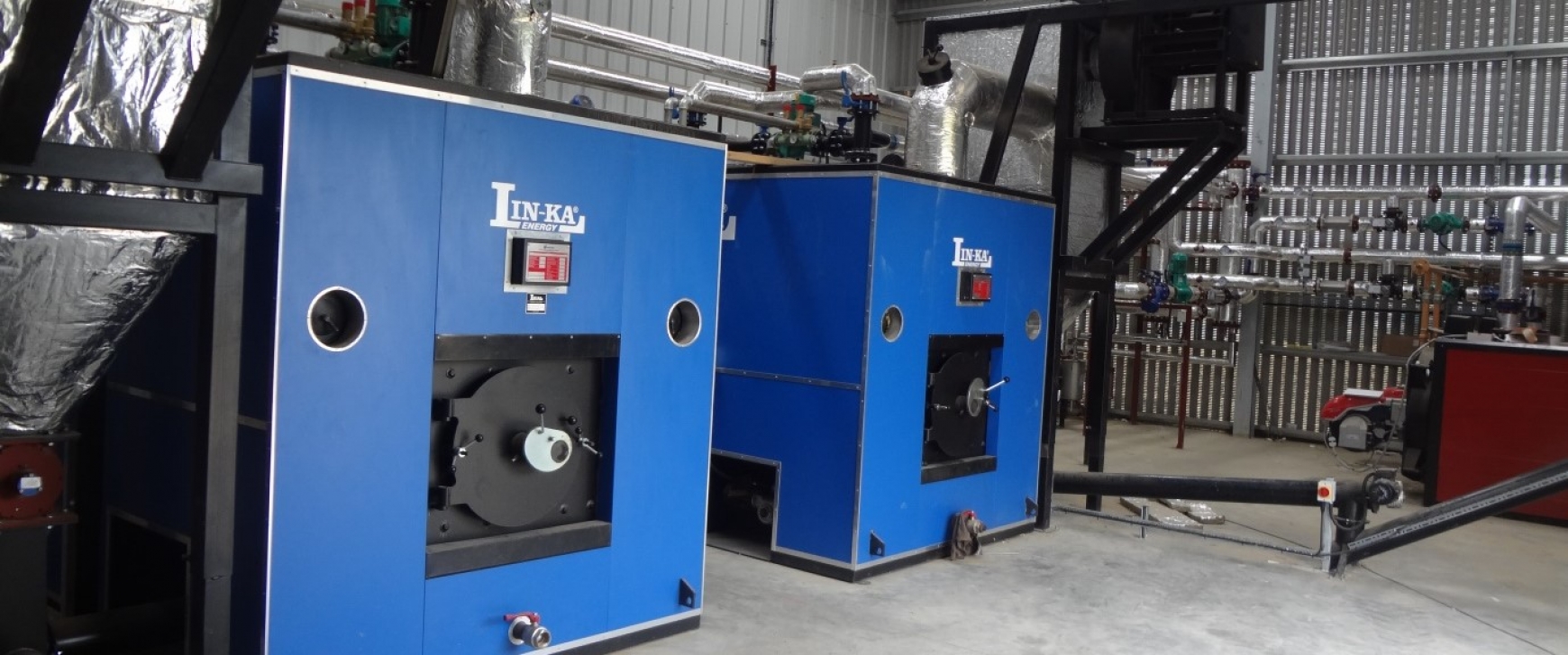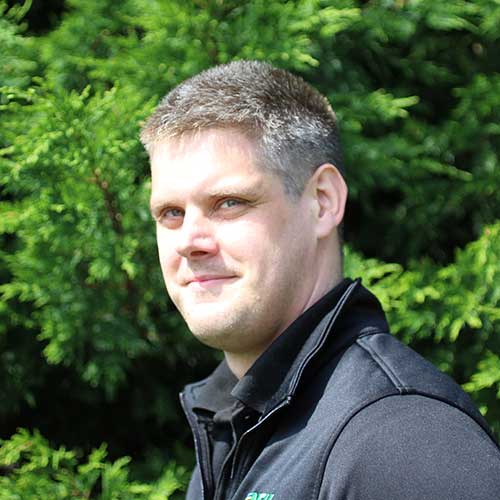If your project is still a work in progress, or even just an idea, is there enough time to complete an RHI application before time runs out?
The non-domestic Renewable Heat Incentive (RHI) will close its doors to new applicants at the end of March 2021, just over nine years after it was first launched. In addition, the tariff guarantee expires on 31 January 2021. But there is still just enough time to complete an application, if you get organised and act quickly.
There are two things to consider:
- First, it’s a legal RHI requirement that your installation is commissioned and fully operational by the time you make your application.
- Second, you need to have gathered all the required data, got your paperwork organised, and have all the necessary permits in place.
Don’t assume that because your boiler or heat pump is on the ground that you can make a rush application on the deadline day and that it will be accepted automatically. As the scheme draws to a close, you can be sure that Ofgem will be strict and hot on spot checks to ensure any last minute application is for a genuine, fully operational, fully compliant system.
We’ve seen that biomass boilers and heat pumps are the most popular RHI technologies. Heat pumps are a slightly easier application option as they don’t need quite so much environmental compliance, but you’ll still need a minimum lead time of six months to get a project established and installed. Biomass projects are somewhat more complex and need more time.
Permits and permissions
A biomass boiler over 1MWth will need an environmental permit under the Medium Combustion Plant Directive (MCPD) and you should allow around two months to get your permit application sorted and four months for the Environment Agency to grant the permit.
A combined heat and power (CHP) system needs a combined heat and power quality assurance (CHPQA) certificate. These have a four to twelve week turnaround, depending on the time of year.
Boilers and heat pumps also require planning permission and you must include proof of planning in your RHI paperwork.
Don’t delay
All this means starting a project in late Spring or early Summer at the very latest, with permits and permissions applied for and installers ready to start by June or July in order to stand any chance of hitting the deadline. Ideally aim for commissioning during December 2020.
A reminder of key deadlines
31 January 2021 is when the tariff guarantee will end. If you have a tariff guarantee and miss this deadline, you can still apply up to the end of March and receive the tariff current at that time.
31 March 2021 is when the RHI closes for applications.
How we can help
If you’re thinking about starting a project and want advice about feasibility, our RHI team can help. Although we can’t give you more time, we can offer our experience and expertise to make the process as smooth as possible and help ease any time pressure. We can also handle all the energy compliance and environmental permit applications as well as prepare the RHI application itself.
Already RHI accredited?
You’ll continue to receive your payments for 20 years from the date of accreditation – as long as you remain compliant. This includes making the required declarations and data returns, maintaining your installation, notifying any changes, and complying with audits and inspections.
An easy way to ensure you meet your RHI obligations is to book an RHI HealthCheck. This highlights any potential problems, allowing you to get everything in good order and reduce the risk of payment delays.
If you’d like help with your RHI application or would like to book an RHI HealthCheck, just call us on 024 7669 8919.


